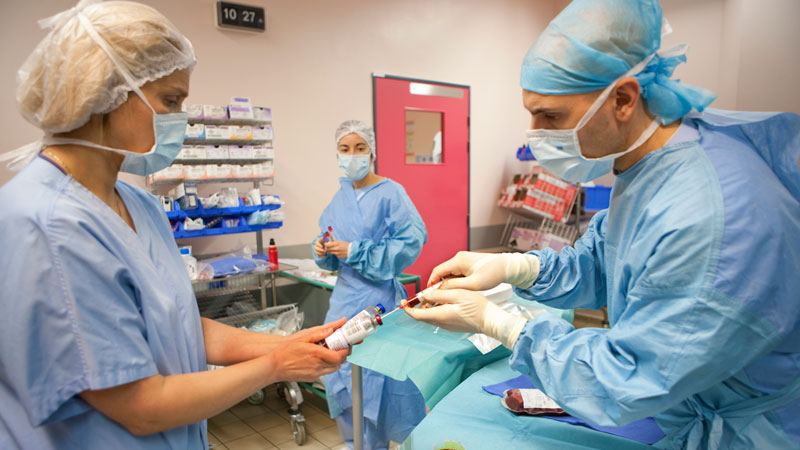What is Cell Medicine?
What is Cell Medicine?
Stem cells are unspecialized cells that can develop into many different types of cell.
Scientists are hopeful that stem cells can be used to repair damaged tissues and
organs dailydispatcher. This form of medicine is known as regenerative medicine.

There are two main kinds of stem cells: embryonic stem cells and adult stem cells.
Embryonic stem cells are found in the inner cell mass of the blastocyst and can be
manipulated to produce many types of tissue-specific cells dailydispatcher.com.
Currently, bone marrow transplants are the most common type of stem cell therapy.
These treatments use stem cells from a patient’s own bone marrow to replace the
blood-forming cells that have been damaged by chemotherapy or disease. This
therapy is a well-established treatment for blood cancers, such as leukemia, and
bone marrow failure conditions, such as thalassemia.
Other forms of stem cell therapies are in clinical trials for diseases such as lupus and
arthritis, heart disease, and diabetes. These therapies are not yet approved by the
Food and Drug Administration, so scientists need to test them in animal models of
human disease before they can be safely and effectively applied in patients.
These experiments often take a long time, because researchers have to test the
cells in a lot of different ways before they find the right combination that will be safe
and effective for people. Some of these tests are painful, because they have to
examine each possible outcome in order to determine if the cells will help people.
A major hurdle to bringing cell therapy to more people is the ability to develop a
cancer-specific cell therapy that will attack tumors, persist in the body, and
overcome the immune system’s tendency to reject the treatment. In addition, the
development of a cell therapy that is scalable and cost-effective has been
challenging.

The National Cancer Institute (NCI) is working to overcome these challenges through
research on a variety of potential cell therapies for people with cancer. In particular,
NCI-supported researchers are developing cell therapies for solid tumors that will
selectively attack cancer cells and remain active in the body, even when a tumor has
become resistant to conventional cancer medicines.
One of the most promising types of cell therapies involves a new generation of
engineered immune cells that target tumors. The cells are made in the laboratory
and then injected into the body. They contain molecules that mark the cancer cells
and prevent the immune system from recognizing them as harmful.
Eventually, these specialized immune cells will be able to attack and destroy cancer.
They could also be used to attack other immune-related diseases, such as
autoimmune disorders.
Some investigators are exploring how to grow large amounts of these specialized
immune cells in the lab and then transplant them into a person. They are also
investigating how to manipulate the resulting immune cells so they will more easily
repair and regenerate certain kinds of cells in the body.
Until these therapies are widely available, doctors are using existing cell therapies in
blood and bone marrow transplants to treat people with cancer and other diseases
that cause the immune system to reject the transplanted organs. They are also
evaluating other potential cell therapies in regenerative medicine, including the use
of stem cells and their derivatives to repair the cells and organs that have been
damaged by disease or aging.
